- India’s first 99.999% Pure Green Hydrogen Plant has been commissioned by Oil India Limited at its Jorhat Pump Station in Assam. The plant has an installed capacity of 10 kg per day. The plant produces green hydrogen from electricity generated by the existing 500 kW solar plant using a 100 kW Anion Exchange Membrane electrolyzer array. AEM technology is being used for the first time in India. The production of green hydrogen from this plant is expected to increase from 10 kg per day to 30 kg per day in future.
- Renowned economist and NITI Aayog Deputy Chairman Rajiv Kumar on Friday resigned from his post. Dr Suman K Berry has been appointed as the new Deputy Chairman of NITI Aayog in his place. Berry will take over from May 1. Dr Suman Berry will now be the new Vice Chairman of NITI Aayog. Berry is a well-known economist. He is currently working as a Non-Resident Fellow of an economic think-tank in Brussels, the capital of Belgium. He has also been the Chief Economist of the World Bank. Prior to this, Berry was director general of the National Council of Applied Economic Research from 2001 to 2011. He has also been a member of the Economic Advisory Council to the Prime Minister and the Technical Advisory Committee of the Reserve Bank of India on Monetary Policy.
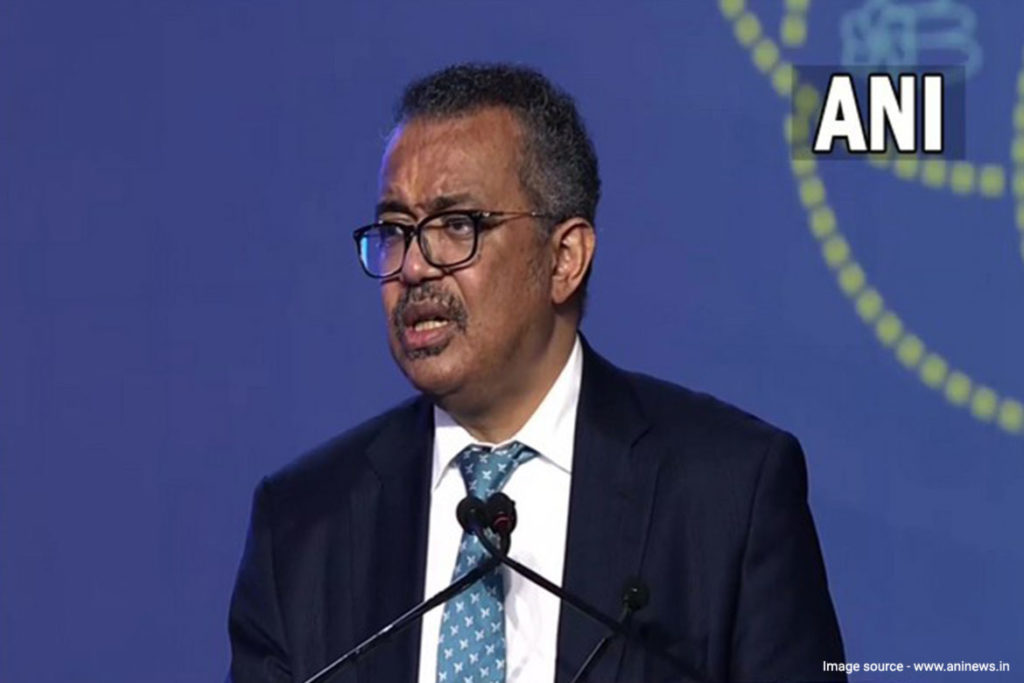
Read more: Indian treasure trove: We loved KGF on Reel, it’s time to know about Real KGF
- The World Health Organization launched its Global Center for Traditional Medicine at a site in Gujarat with an aim to unlock its potential by combining ancient practices with modern science. During the program WHO chief Tedros Ghebreyesus spoke in Hindi which surprised everyone. The event was attended by Tedros Ghebreyesus, Head of WHO and Mr. Pravind Kumar Jugnauth, Prime Minister of Mauritius. Products of traditional medicine are abundant globally and the center will go a long way in realizing the promise of traditional medicine. The new center will focus on data, innovation and sustainability and optimize the use of traditional medicine.
- British Prime Minister Boris Johnson came to India on a two-day. After talking to Prime Minister Modi, Johnson also answered questions from the media. On handing over fugitive businessman Nirav Modi, Vijay Mallya to India, Johnson said- “Our government has given approval for extradition, but the matter is entangled in legal complications. We will not allow any person who is a declared criminal in India to misuse the law of our country.” On Friday, Johnson and Modi reviewed relations between India and Britain. During this, strategic defence, diplomacy and economic partnership were discussed between the two. Security cooperation was also an important part of the talks in the wake of China’s challenge in the Indian and Pacific Ocean. Ukraine issue was also discussed during Modi-Johnson talks. On a question made about this, Johnson said –“India and Russia have historical relations and the world knows about it. It is absolutely certain that this relationship will not change.”
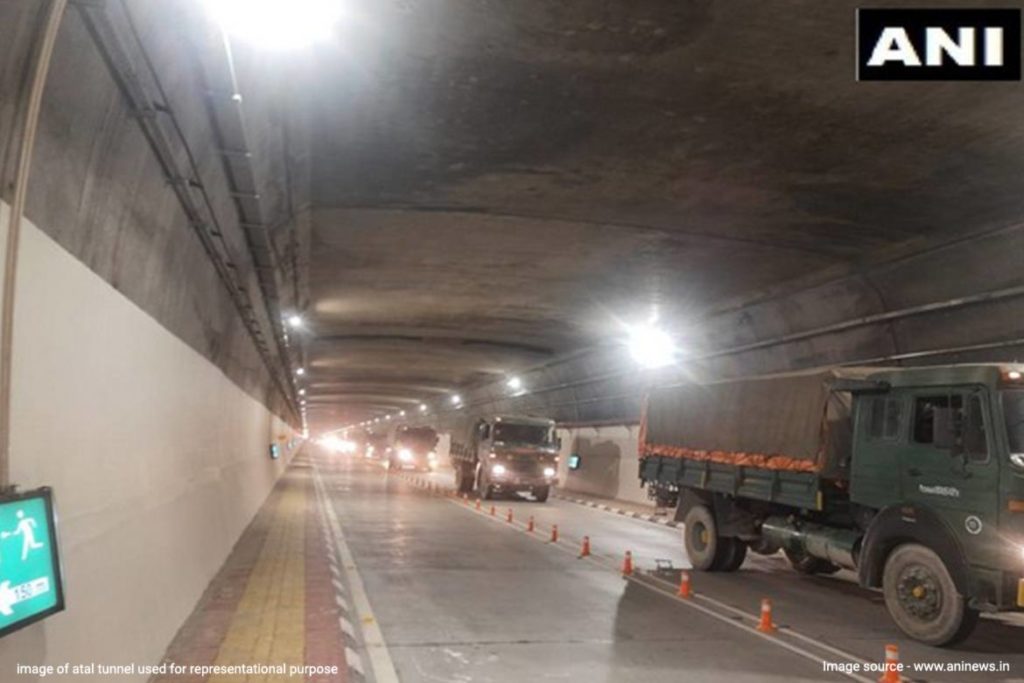
- BRO Director General Lt Gen Rajeev Choudhary announced that the Border Roads Organization will build the world’s highest tunnel at the Shinku La pass at a height of 16,580 feet to connect Himachal Pradesh and Ladakh. He said this while opening the strategically important Himachal to Zanskar road Shinku La pass, where more than half a dozen vehicles ply from Zanskar side towards Manali.
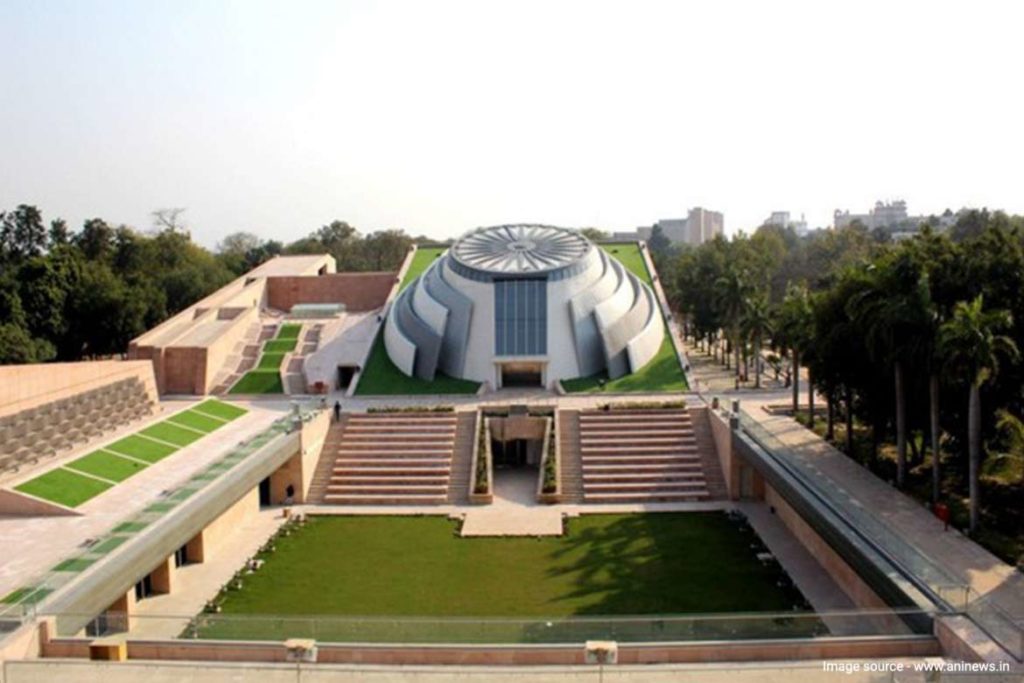
- Prime Minister Narendra Modi inaugurated the Prime Minister Museum in New Delhi on 14 April. The museum, located in the iconic Teen Murti complex, was inaugurated as part of the Azadi Ka Amrit Mahotsav. The museum will become a source of inspiration for the youth who will be able to understand how all the Prime Ministers faced difficulties and how they overcame them to lay the foundation of a new India. The museum will showcase the shared heritage of each government.
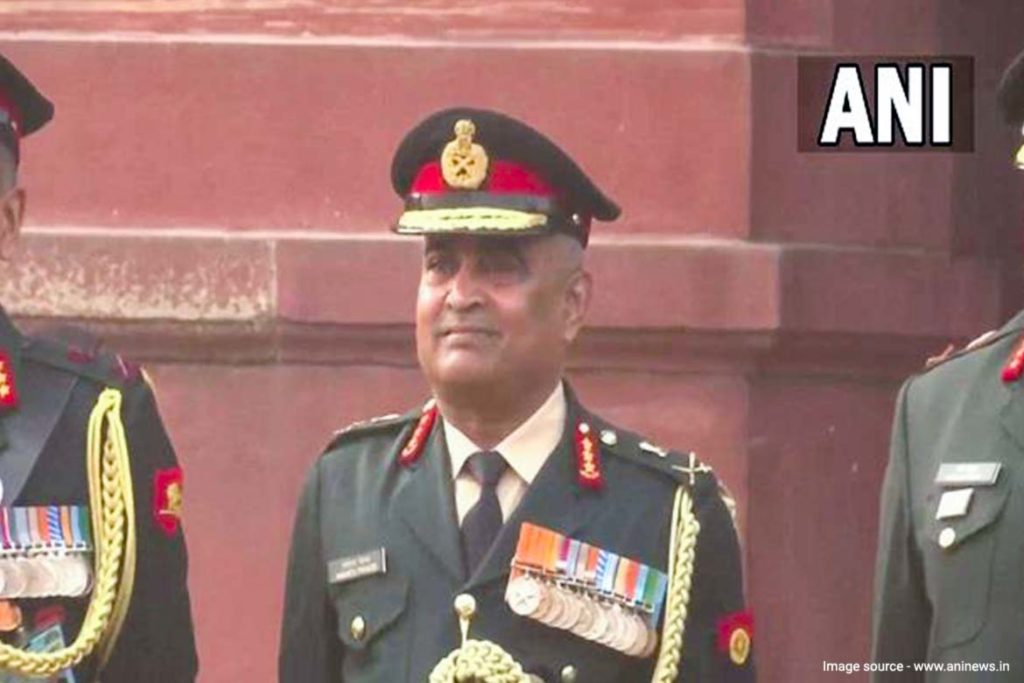
Read more: Sport weekly: Top 10 Sports News Of This Week
- Lt Gen Manoj Pandey has been appointed as the next Chief of the Army Staff. He will succeed General MM Naravane, who is due to retire on April 30, 2022. Lt Gen Manoj Pandey is the first officer in the Corps of Engineers to be appointed as the Chief of Army Staff. He has served as Chief Engineer in United Nations Missions in Ethiopia and Eritrea. He was the Commander-in-Chief Andaman and Nicobar Command (CINCAN) from June 2020 to May 2021. Outgoing Army Chief General MM Naravane is seen as the front-runner for the post of Chief of Defense Staff (CDS), which has been vacant since the death of India’s first CDS General Bipin Rawat in an air crash last December.
- The International Monetary Fund (IMF) in its latest World Economic Outlook report released on April 19, 2022, has lowered India’s GDP growth forecast to 8.2 per cent in FY23. Earlier in the January report, it was estimated to be 9 per cent. The IMF has also slashed India’s FY24 GDP growth forecast to 6.9 percent. Earlier it was 7.1 per cent. In the case of the global economy, the IMF has cut its growth forecast for calendar year 2022 from 4.4 per cent to 3.6 per cent.
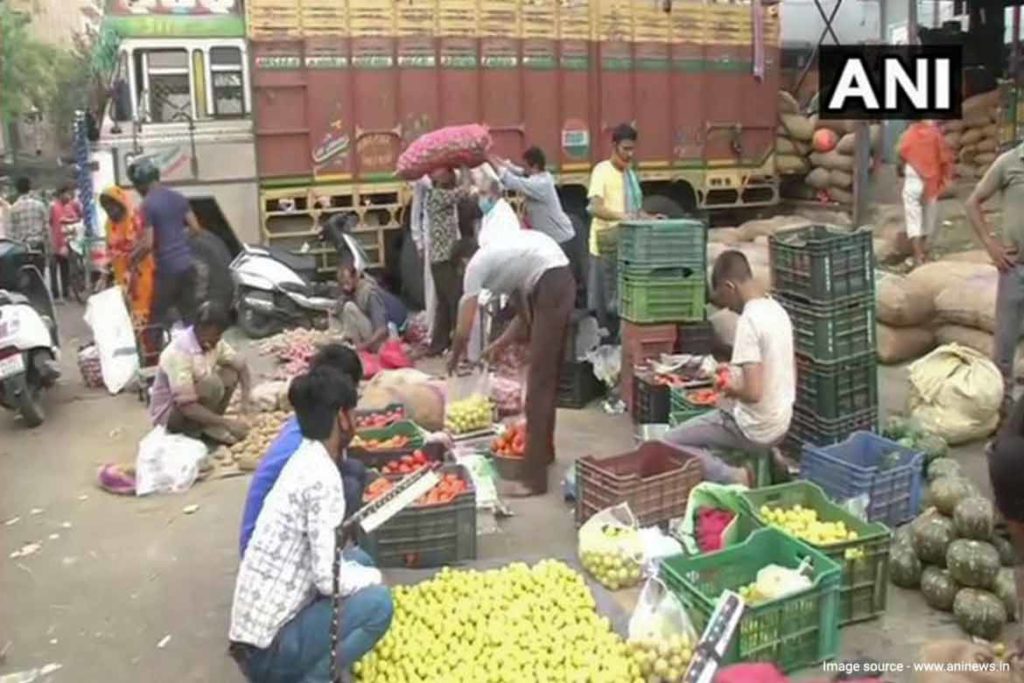
- The Wholesale Price Index (WPI) based inflation in India has risen to 14.55% in the month of March due to rise in electricity prices and rising prices of edible oil. In March 2022, higher rates of inflation were recorded due to rise in prices of mineral oil, crude petroleum and natural gas, and basic metals as there was disruption in the global supply chain due to Russia-Ukraine conflict. In March 2021, the WPI-based inflation rate stood at 7.89%.The food index, which includes food products from the Manufactured Products group and food articles from the Government’s Primary Articles group, increased from 166.4 in February 2022 to 167.3 in March 2022.
- According to the World Bank Policy Research Working Paper, the extreme poverty rate in India has fallen from 22.5% in 2011 to 10.2% in 2019. This represents a 12.3 percent drop in the number of extreme poverty in the country between 2011 and 2019. The decline in rural areas was much greater than in urban areas. While rural poverty decreased by 14.7 percentage points, poverty declined by 7.9 percentage points in urban areas. The paper titled ‘Poverty has declined in last decade but not as much as previously thought’ was jointly authored by economists Sutirth Sinha Roy and Roy van der Weide.
